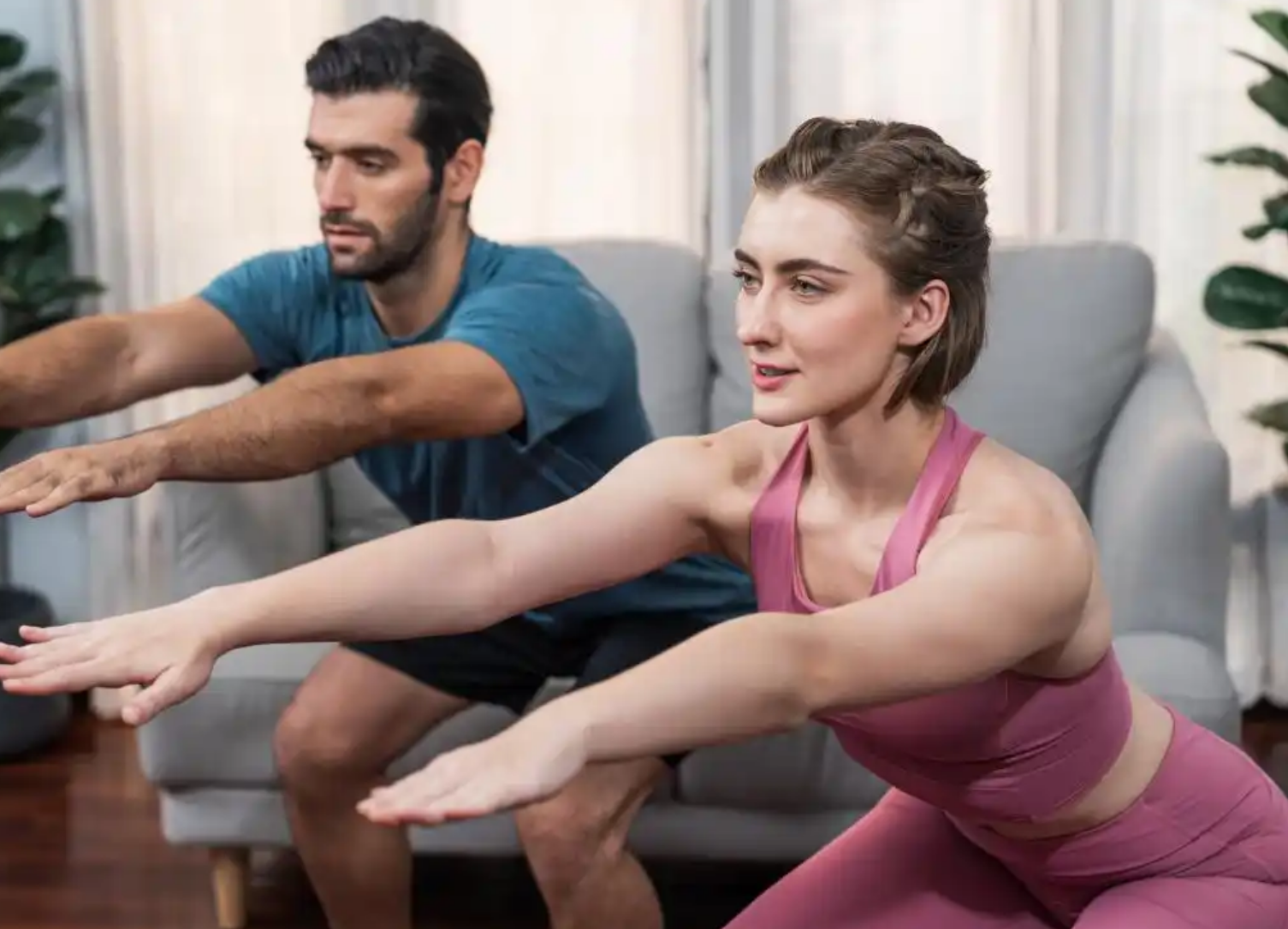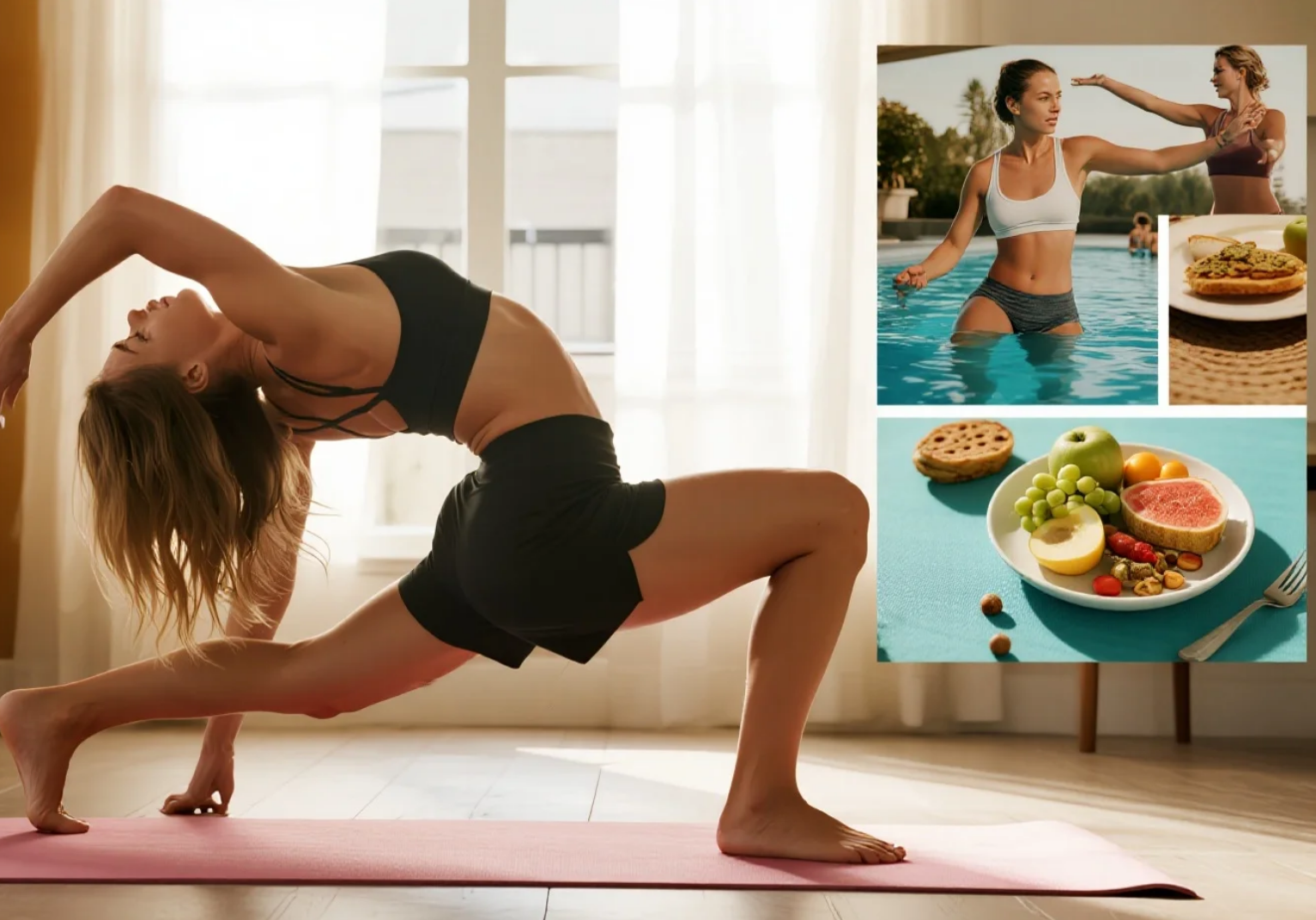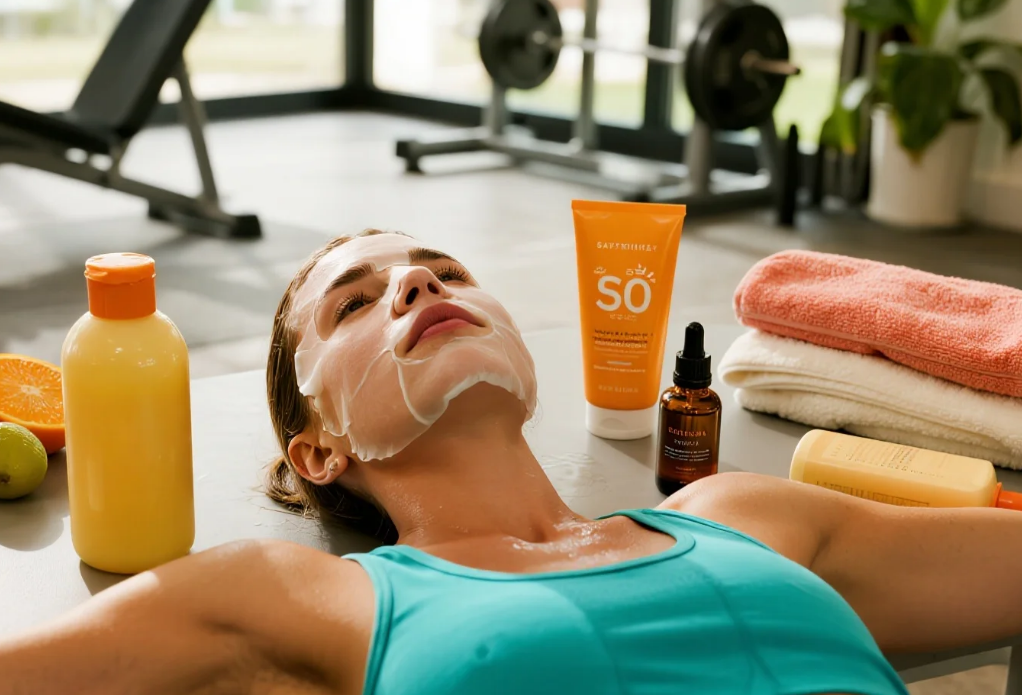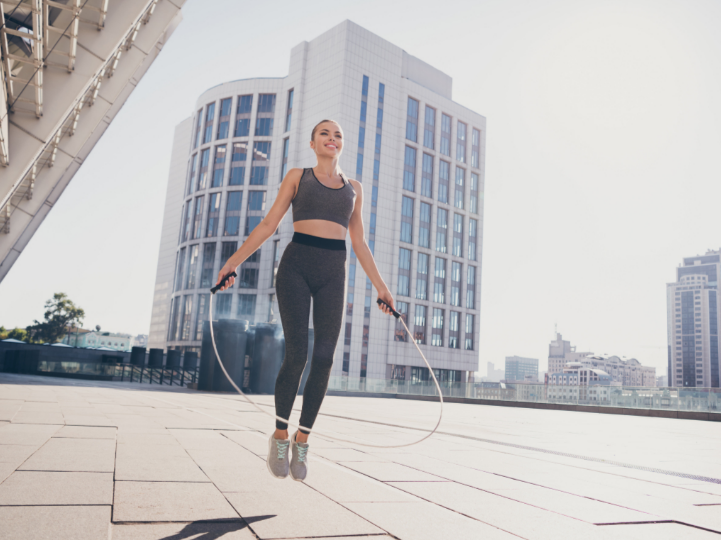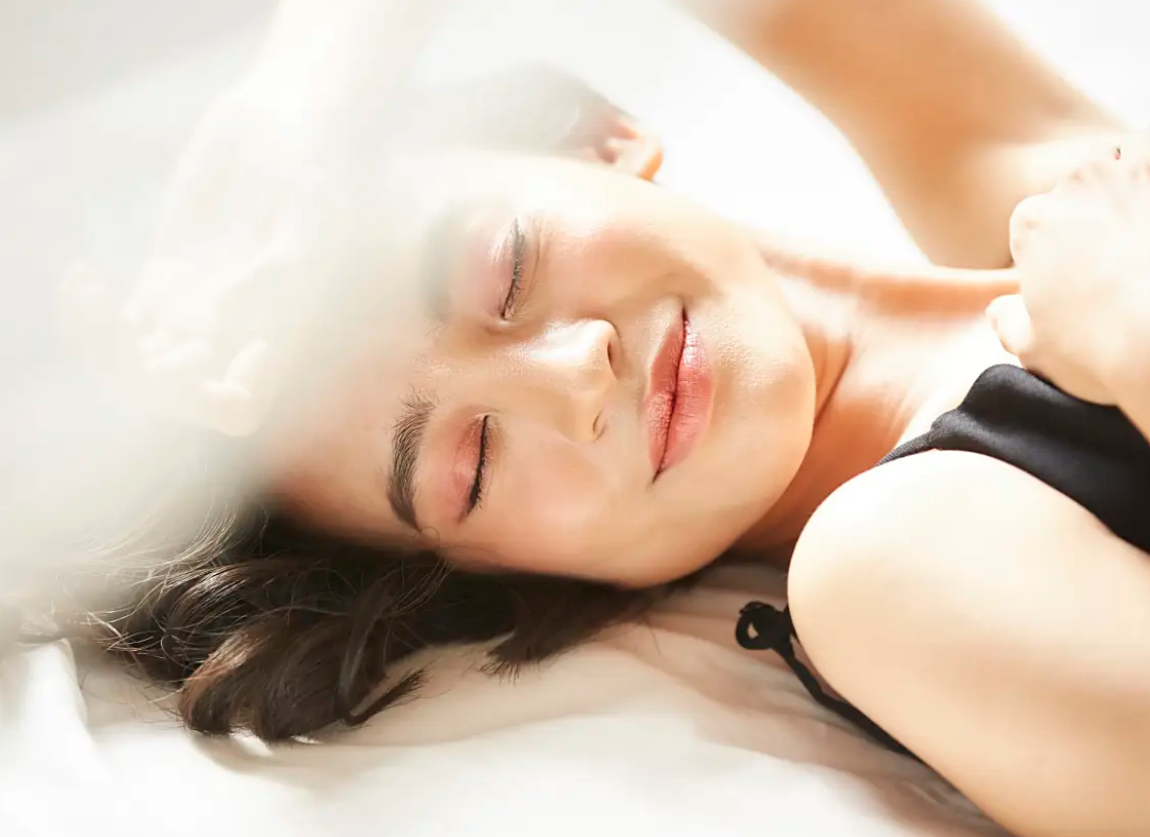Sleep, Beauty, and Fitness: The Truth About Their Relationship
In the fast-paced world of modern life, people's pursuit of health, beauty, and fitness is growing stronger. However, many find that even after devoting countless hours to fitness or investing heavily in skincare, the results remain suboptimal. The reason for this is that they often overlook a fundamental yet often underestimated factor: sleep. Sleep is not only a crucial process for bodily repair, but also a hidden booster for maintaining youthful skin and boosting fitness results. Scientific evidence continues to demonstrate that quality sleep, regular exercise, and proper beauty regimen are not independent entities, but rather a mutually reinforcing health system. Without any one of these components, all other efforts may prove ineffective.
Sleep is far more than just rest; it is a systemic process of rebuilding and regulating the entire body. During the day, whether working, studying, strength training, or engaging in aerobic exercise, we consume significant energy and cause micro-damage to our muscles. At night, especially during deep sleep, the body secretes large amounts of growth hormone, which promotes protein synthesis and repairs damaged muscle fibers. It also helps break down fat, storing energy for the next day's activities. Peak secretion of this growth hormone occurs almost exclusively during deep sleep. Excessive sleep or sleep deprivation can significantly reduce secretion, directly impacting muscle growth, recovery, and fat metabolism.
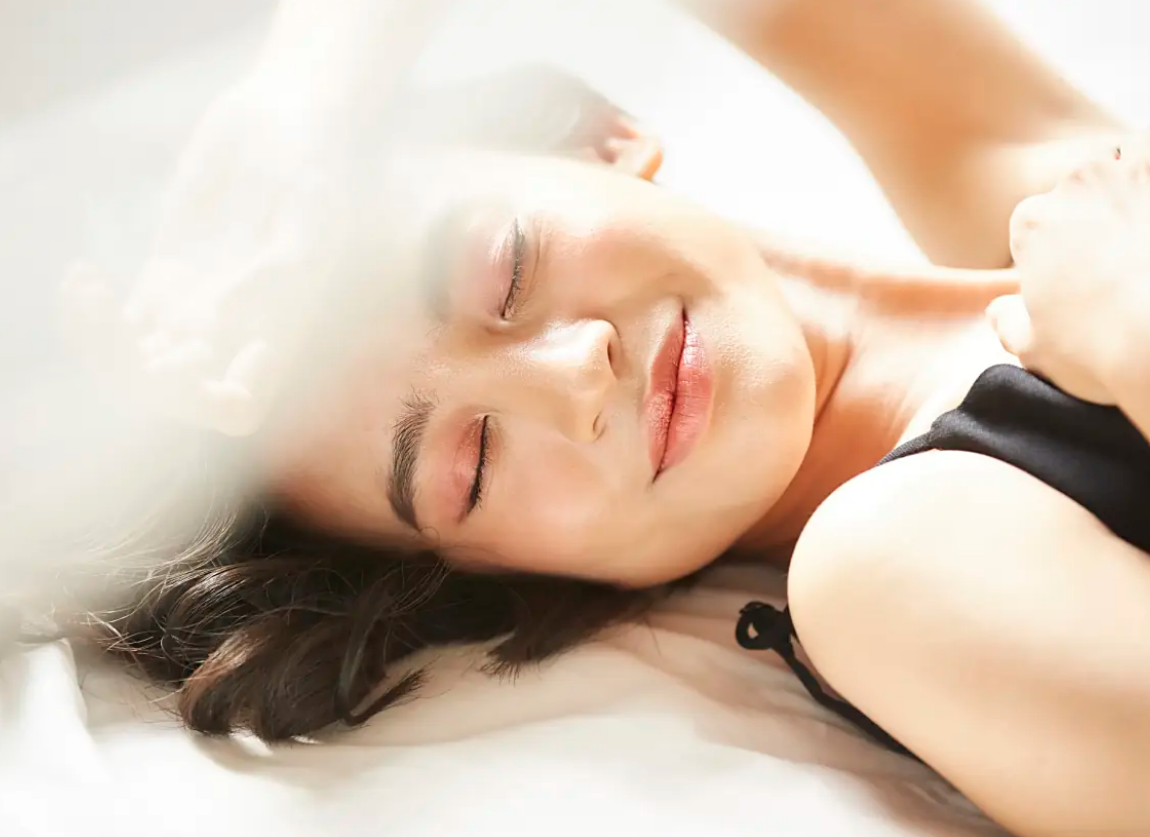 For fitness enthusiasts, sleep quality can even directly determine training effectiveness. Scientific research has shown that insufficient sleep can reduce insulin sensitivity, slow glycogen replenishment, and prolong recovery after training. Furthermore, lack of sleep can increase levels of the stress hormone cortisol. Excessive cortisol not only breaks down muscle protein but also accelerates the aging process and causes skin to lose elasticity. Conversely, maintaining 7 to 9 hours of high-quality sleep daily, combined with a balanced exercise plan, can significantly accelerate muscle repair and strength gains, leading to more consistent performance during training.
For fitness enthusiasts, sleep quality can even directly determine training effectiveness. Scientific research has shown that insufficient sleep can reduce insulin sensitivity, slow glycogen replenishment, and prolong recovery after training. Furthermore, lack of sleep can increase levels of the stress hormone cortisol. Excessive cortisol not only breaks down muscle protein but also accelerates the aging process and causes skin to lose elasticity. Conversely, maintaining 7 to 9 hours of high-quality sleep daily, combined with a balanced exercise plan, can significantly accelerate muscle repair and strength gains, leading to more consistent performance during training.
Beauty and sleep are equally closely linked. The skin is the body's largest organ and a mirror reflecting our health. During sleep, skin cell renewal is approximately twice as fast as during the day, making it a prime time for repairing UV damage, synthesizing collagen, and restoring barrier function. Frequently staying up late shortens the skin's repair window, reducing collagen production. Over time, this can lead to increased fine lines, dull complexion, and noticeable eye bags and dark circles. Furthermore, poor circulation caused by lack of sleep deprives the skin of adequate oxygen and nutrients, directly impacting its radiance and health. Therefore, from the perspective of skin rejuvenation, the so-called "beauty sleep" is not just a myth but has a solid physiological basis.
Exercise plays a more indirect role in promoting skin health. Aerobic exercise and moderate strength training can increase blood circulation, allowing the skin to receive more nutrients and oxygen, reducing dullness and puffiness. Furthermore, sweating during exercise helps pores expel waste and oil, helping to improve clogged pores and acne. It's important to note that exercise must be combined with sleep to achieve its maximum effect. The skin improvements brought about by exercise are fundamentally dependent on a healthy repair mechanism, which requires sufficient and high-quality sleep. If you simply exercise frequently but stay up late every day, your skin may not only fail to improve, but may also accelerate aging due to chronically elevated levels of stress hormones.
The interplay between sleep, fitness, and beauty also manifests itself in immune and emotional management. Good sleep quality supports a more efficient immune system, maintaining healthy levels of anti-inflammatory factors. This not only reduces inflammation after sports injuries but also reduces skin problems caused by inflammation, such as eczema and acne. Furthermore, good sleep stabilizes the balance between the sympathetic and parasympathetic nervous systems, improves mood, and reduces the risk of anxiety and depression. Conversely, insufficient sleep can lead to decreased cognitive ability and reaction time the following day, decreased focus and quality of movement during training, and naturally increases the risk of injury.
For most people, the most direct strategy for achieving a balance between health, beauty, and fitness is to optimize their daily routine, exercise, and diet. Maintain consistent bedtimes and wake-up times, avoid prolonged use of devices like phones and computers that emit blue light before bed, and use stretching, meditation, or reading to help you relax and fall asleep. As for exercise, aim for 3 to 5 sessions of moderate-intensity activity (such as brisk walking, swimming, and yoga) per week, and incorporate strength training to promote muscle growth and maintain basal metabolism. Your diet should include adequate protein, vitamin C, and antioxidants to help muscles and skin repair better.
 Ultimately, sleep is the common foundation for both beauty and fitness. It not only determines the retention of training results and the speed of improvement in appearance, but also significantly impacts mood, immunity, and long-term health. Those who focus solely on exercise and skincare, while neglecting this seemingly passive process of sleep, are like building a tower without a foundation; sooner or later, they will hit a wall. To truly achieve a win-win situation for both health and beauty, sleep, exercise, and beauty treatments must form a virtuous cycle in their lives. Only when these three elements support and enhance each other can we achieve the most stable and lasting benefits for health and appearance.
Ultimately, sleep is the common foundation for both beauty and fitness. It not only determines the retention of training results and the speed of improvement in appearance, but also significantly impacts mood, immunity, and long-term health. Those who focus solely on exercise and skincare, while neglecting this seemingly passive process of sleep, are like building a tower without a foundation; sooner or later, they will hit a wall. To truly achieve a win-win situation for both health and beauty, sleep, exercise, and beauty treatments must form a virtuous cycle in their lives. Only when these three elements support and enhance each other can we achieve the most stable and lasting benefits for health and appearance.

